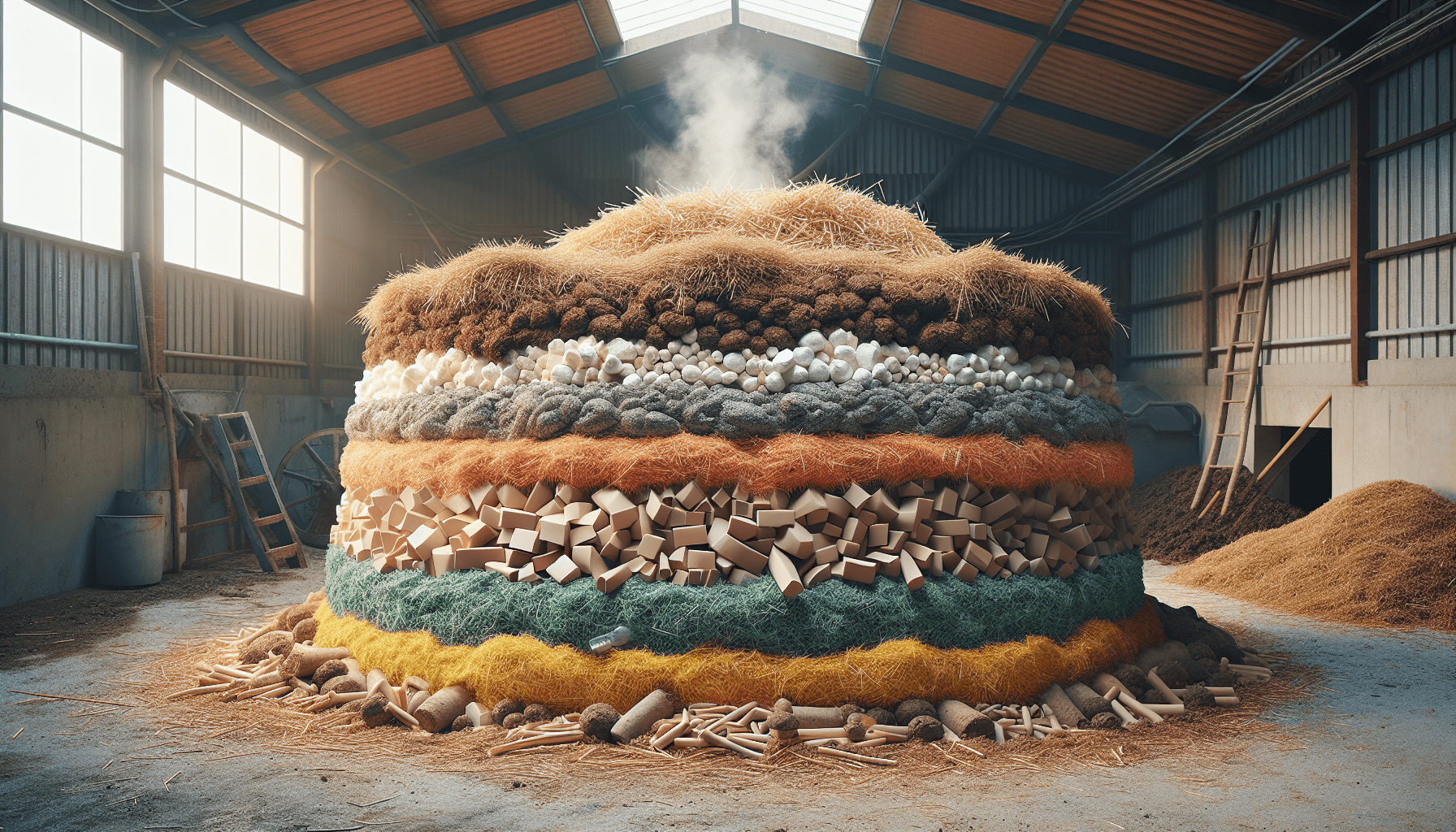How Long Does It Take To Produce Mushroom Compost?
How long does it take to produce mushroom compost?

Understanding Mushroom Compost Production
When it comes to producing mushroom compost, there are several factors that can influence the time it takes for the process to be completed. From selecting the raw materials to monitoring the composting process, each step plays a crucial role in determining the overall timeline for producing quality mushroom compost.
Selecting Raw Materials
The first step in producing mushroom compost is selecting the right raw materials. Typically, mushroom compost is made from a combination of organic materials such as straw, horse manure, gypsum, and other supplements. The quality of the raw materials used can greatly impact the speed and success of the composting process.
Preparing and Conditioning the Materials
Once the raw materials have been selected, they need to be properly prepared and conditioned before the composting process can begin. This involves shredding or cutting the materials into smaller pieces, wetting them to achieve the proper moisture content, and adding any necessary supplements or amendments. Properly preparing and conditioning the materials is essential for creating an environment that is conducive to the growth of mushroom mycelium.
Learn about mushroom composting
The Composting Process
The composting process itself is where the magic happens. Under the right conditions, the raw materials will begin to break down and transform into nutrient-rich compost that is ideal for growing mushrooms.
The Pasteurization Stage
One of the key steps in the composting process is the pasteurization stage. During pasteurization, the composting materials are heated to a specific temperature for a specific amount of time to kill off any harmful bacteria or pathogens. Pasteurization is essential for creating a sterile environment that is suitable for mushroom cultivation.
Inoculation with Mushroom Spawn
After the pasteurization stage, the composting materials are inoculated with mushroom spawn. The spawn, which is essentially mushroom mycelium that has been grown on a substrate, will begin to colonize the compost and break down the organic material. This process can take anywhere from a few weeks to a few months, depending on factors such as temperature, humidity, and the type of mushroom being cultivated.
Monitoring and Turning
Throughout the composting process, it is important to monitor the temperature, moisture content, and oxygen levels of the compost pile. Turning the compost on a regular basis can help ensure that the materials are breaking down evenly and that the mycelium is spreading throughout the pile.

Factors Affecting Compost Production Time
While the average time it takes to produce mushroom compost is around 3-4 months, there are several factors that can influence how long the process takes.
Temperature
Temperature plays a significant role in the speed of compost production. Ideal temperatures for composting typically range from 130°F to 160°F. Cooler temperatures can slow down the composting process, while higher temperatures can speed it up.
Moisture Content
Proper moisture content is essential for the growth of mushroom mycelium. If the compost pile is too dry, the mycelium will have difficulty colonizing the materials. On the other hand, if the pile is too wet, it can lead to anaerobic conditions that are not conducive to mushroom growth.
Oxygen Levels
Mushroom mycelium requires oxygen to grow and thrive. Ensuring that the compost pile is well-aerated is crucial for the success of the composting process. Turning the compost pile regularly can help maintain proper oxygen levels and prevent anaerobic conditions.
Type of Mushroom
Different types of mushrooms have different growth rates and nutrient requirements. Some mushrooms, such as oyster mushrooms, can colonize compost quickly and are ready for harvest in as little as 6-8 weeks. Other mushrooms, like shiitake mushrooms, may take longer to colonize the compost and be ready for harvest.

Final Thoughts
Producing mushroom compost is a fascinating process that requires careful attention to detail and a good understanding of the factors that can influence the speed and success of the composting process. By selecting high-quality raw materials, properly preparing and conditioning the compost pile, and monitoring the composting process closely, you can ensure that you produce nutrient-rich compost that is ideal for growing healthy and bountiful mushrooms. Remember, patience is key when it comes to producing mushroom compost – the end result is well worth the wait!

